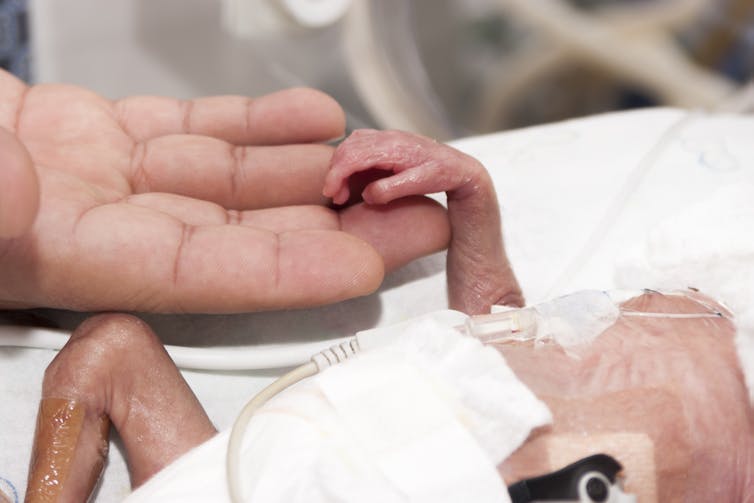By David Copolov and Julian Savulescu
This week the Australian Senate will debate a private members’ bill that will consider whether to overturn the 21-year-old Euthanasia Laws Act that nullified the ability of Australian self-governing territories to pass legislation in relation to euthanasia and assisted suicide.
The deliberation on whether to continue the arbitrary over-riding of the territories’ legislative autonomy in this domain will inevitably also turn a spotlight on the judiciousness of Victoria’s recent voluntary assisted dying legislation that empowers terminally ill people who are residents of our state and who are experiencing unrelievable suffering, to end their lives on their own terms.
Standing firmly and resolutely against such legislation is Professor Margaret Somerville, from the University of Notre Dame, who was interestingly described in an article in the Sydney Morning Herald two days ago as having “spent decades observing euthanasia in Canada”, even though medically assisted dying only became legal in that country in 2016.
One of the concerns she has raised is the “slippery slope” to unethical assistance in dying. Currently, this might well be on people’s minds because of the reports of the deaths of three minors during 2016-2017 as the result of euthanasia in Belgium, out of 4337 deaths during that period. The deaths of the under-18-year-olds occurred as a result of the removal of age limits on access to euthanasia in Belgium that took place as a result of legislation introduced in 2014, 12 years after the introduction of euthanasia for adults.

In contrast to Belgium (which is the only jurisdiction that places no age restrictions on euthanasia or assisted dying), the Victorian Parliament passed the Voluntary Assisted Dying Act in November last year, which limits voluntary assisted dying (VAD) to terminally ill people 18 years and older, who fulfil very strict criteria in relation to experiencing unrelievable suffering and possessing sufficient decision-making capabilities. They must be in the last six months of life, unless they’re suffering from a neurodegenerative disease, in which case they must be in the last 12 months of life.
There are many reasons that both the Victorian Legislative Council’s Inquiry into end of life choices and the Ministerial Advisory Panel on Voluntary Assisted Dying recommended limiting VAD to adults, including the fact that the extensive consultations with the Victorian public led to the firm conclusion that, as stated in the inquiry’s final report: “Victorian values do not support allowing assisted dying to be provided to those who are yet to reach adulthood.”
Read More »Victoria’s Voluntary Assisted Dying Law isn’t on a Slippery Slope


